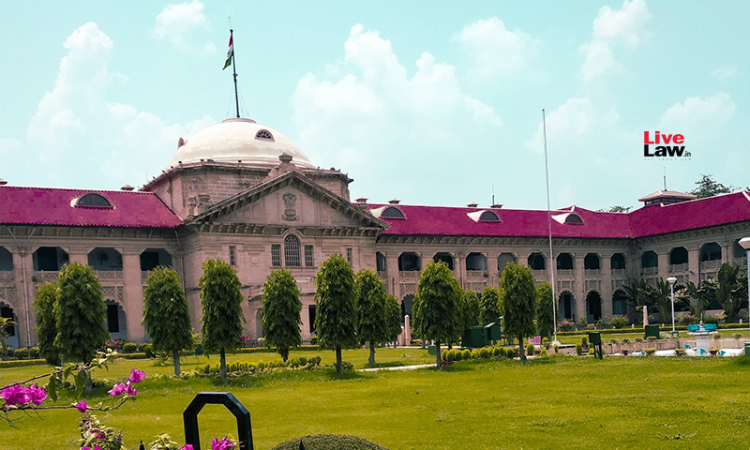The Allahabad High Court recently observed that the Court shall take utmost precaution in finding the accused guilty only on the basis of circumstantial evidence. With this, the Court upheld the acquittal order passed by Assistant Sessions Judge, Mirzapur in an attempt to murder case (Section 307 IPC).The Bench of Justice Om Prakash-VII and Justice Umesh Chandra Sharma noted that the witnesses...

